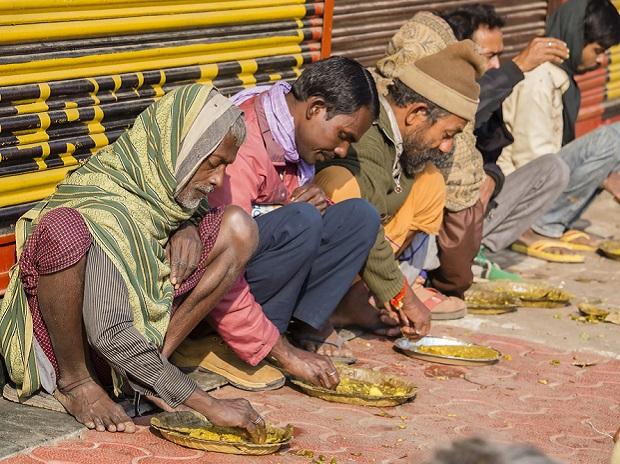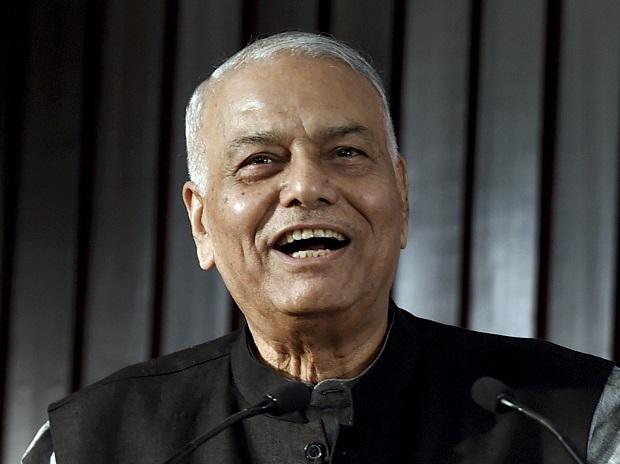
Economy & Policy:
Thousands of candidates, hundreds of parties, endless combinations of possible coalitions – spare a thought for India’s pollsters, tasked with making sense of the country’s fiendishly complicated politics ahead of a general election due by May.The ruling Bharatiya Janata Party led by Prime Minister Narendra Modi won a surprise majority in 2014. Until last year, many predicted a similar result. But amid rising anger over unemployment and a fall in rural incomes, the BJP lost key state elections in December, making this contest more closely fought than first expected.
That means surveys conducted on behalf of newspapers and TV channels will be closely scrutinized. Some of India’s top pollsters however, told Reuters current surveys could be wide of the mark until the parties finalize alliances, which could be as late as April – and even then, there are challenges.
“In India there are certain relationships between caste, religion and allegiance,” said VK Bajaj, chief executive of Today’s Chanakya, the only polling firm to predict the BJP would win an outright majority in 2014. “We have to do checks and counter-checks when collecting our samples.”
CHECKERED PAST
Opinion polls grew in popularity in India in the 1990s, after economic liberalization saw a boom in privately-owned newspapers and TV channels, all demanding their own surveys.



